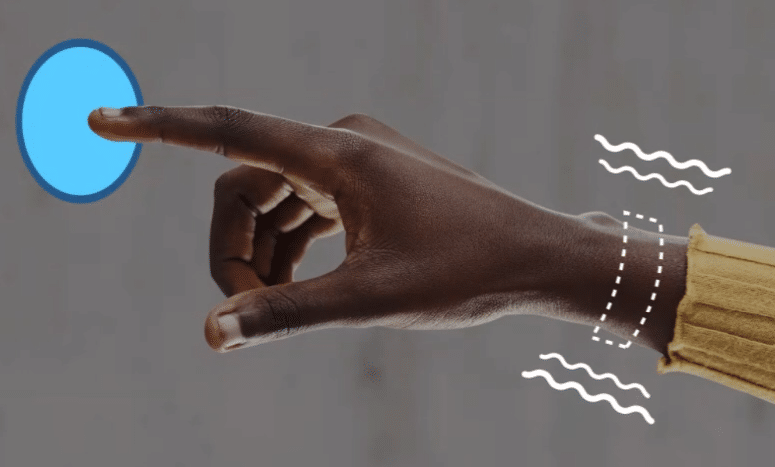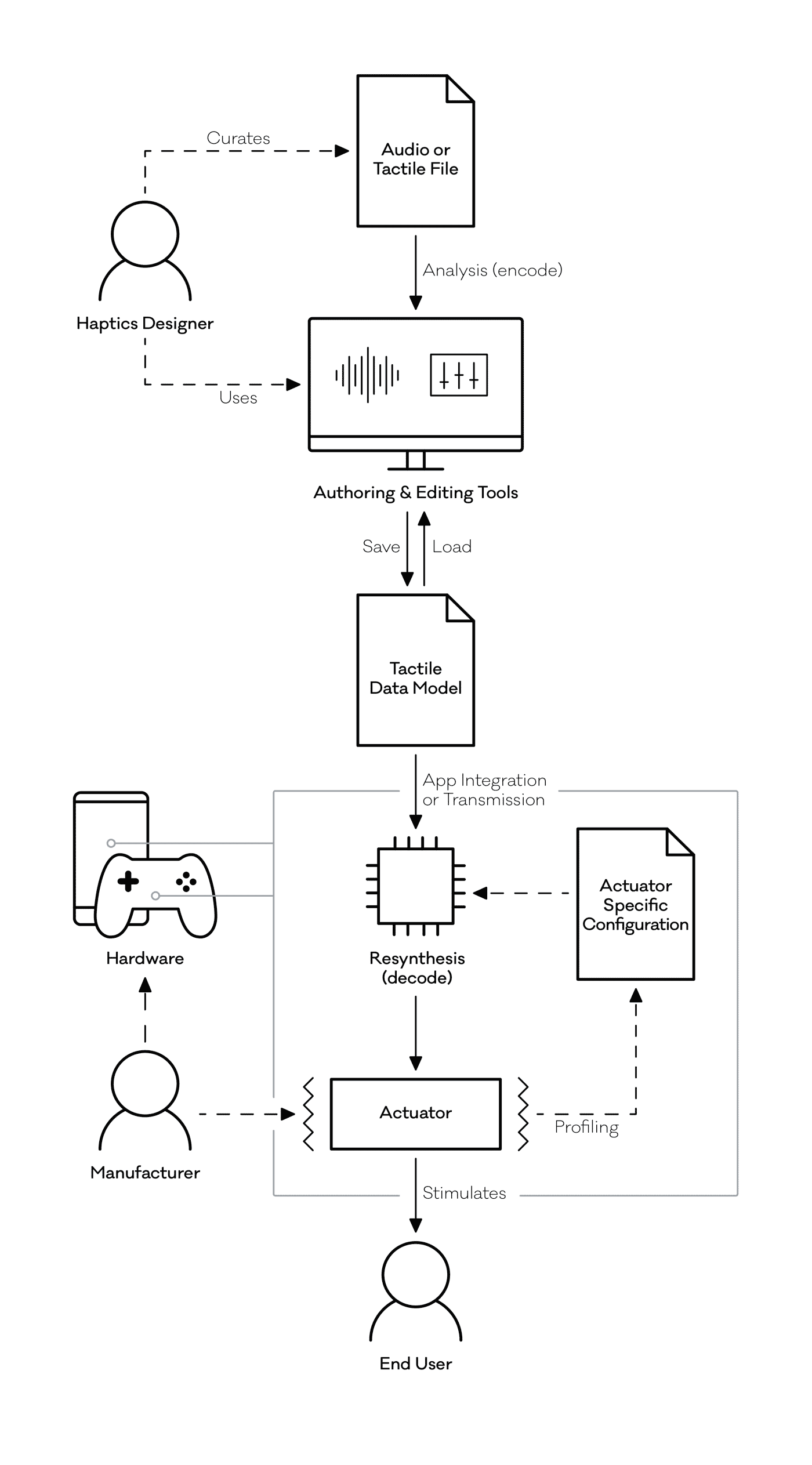Meta is acquiring haptics startup Lofelt.
The acquisition was discovered by The Wall Street Journal. “We’re excited that members of the Lofelt team have joined Meta,” a Meta spokesperson said.
Lofelt developed software tools for developers to integrate high quality haptics into their apps, from mobile to consoles to VR. A key feature of its flagship product Lofelt Studio was easy mass conversion of audio files into haptics – such as feeling the vibration of driving a car based on the engine noise sound file. The company had also worked on a haptic wristband back in 2017, a wearable subwoofer called Basslet.
Lofelt ended support for all of its solutions in early July, ahead of the pending acquisition. But why is Meta acquiring this startup?
Lofelt’s experience with the Basslet wristband could prove useful for Meta’s wrist device ambitions. With the Tactile And Squeeze Bracelet Interface (Tasbi) prototype, Meta has been experimenting with sensory substitution – tricking your brain into interpreting haptic feedback on the wrist as coming from your finger by matching it with appropriate simultaneous visual stimuli. Basslet, pitched as a “subwoofer for your wrist”, didn’t take off as a product – but the patented LoSound engine technology behind it could enable haptics with more “punch” than linear actuators.

But Basslet hasn’t been Lofelt’s focus for five years. Its recent focus has been its developer tools – likely Meta’s main reason for the acquisition. Meta currently offers an Interaction SDK to let developers easily add high quality hand interactions (such as picking up objects) to VR apps instead of needing to reinvent the wheel. It may plan to use Lofelt’s technology to also launch a Haptics SDK, or integrate haptics tools as part of the existing Interaction SDK.


























